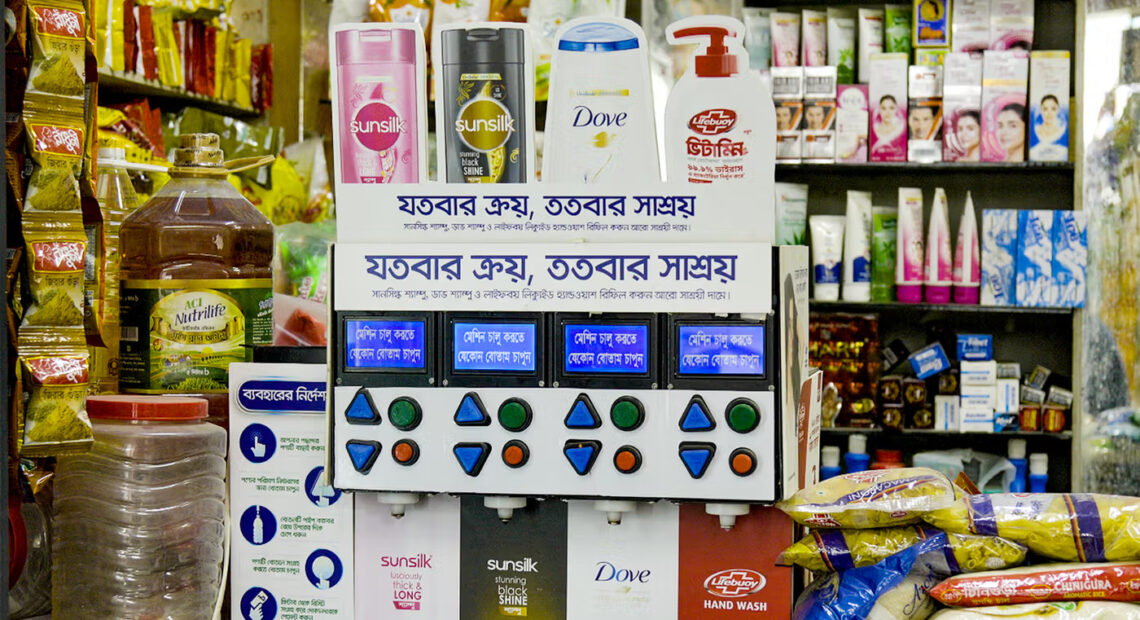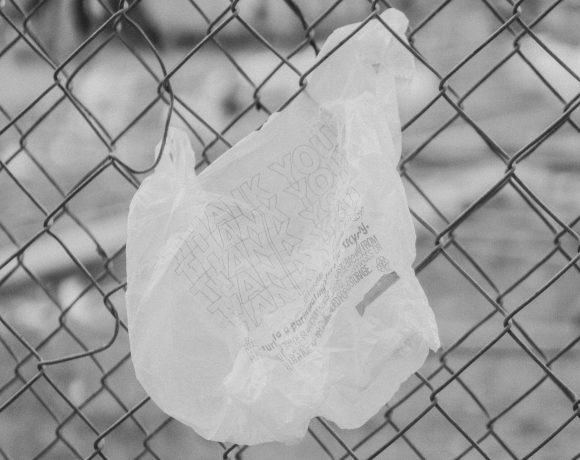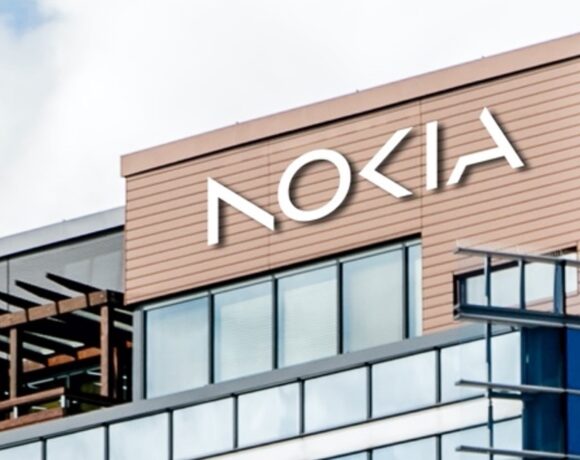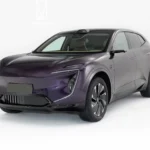Unilever is testing refill solutions to tackle plastic waste

Indonesia is a key test region
Unilever has launched multiple refills and reuse pilot projects worldwide to combat plastic waste, reduce reliance on virgin plastic, and address the growing issue of plastic sachet waste.
To achieve a more sustainable future, the company is committed to ensuring that 100% of its plastic packaging is reusable, recyclable, or compostable by 2030 for rigid plastics and by 2035 for flexible plastics. These trials have become essential to their efforts to scale reusable packaging models, particularly in emerging markets like Indonesia, Bangladesh, and Sri Lanka.
Since 2018, Unilever has conducted over 50 refill and reuse pilots worldwide. The company is gathering valuable insights from these trials to fine-tune its strategies for reducing single-use plastic packaging and transitioning to more sustainable alternatives. These initiatives are also pivotal in assessing the viability of reusable packaging models that can scale globally.
Indonesia has been one of the key regions for Unilever’s refill trials. In 2020, the company introduced a refill machine in a packaging-free store in Jakarta, selling popular home and personal care brands like Dove, Rinso, and TRESemmé.
The trials, which also included digital machines in an apartment building and a kiosk in a general trade market, revealed that affordability, convenience, and dosage control were the primary concerns for Indonesian consumers.
Unilever then tested a door-to-door refill model using motorcycle drivers who sold products from large jerrycans. This method proved more popular than the refill machines, but high operational costs presented scaling challenges.
The company partnered with local enterprises, including Alner, to address these challenges and introduce scalable manual refill stations across 1,000 stores and waste bank locations in Indonesia. These stations now serve an estimated 6,000 customers and help save around six tonnes of plastic annually.
Unilever’s work in Sri Lanka provides another example of tailored refill solutions. In 2019, the company partnered with Vega Innovations to install high-tech refill machines in modern trade outlets, offering home and personal care products like Dove, Sunlight, and Sunsilk. While these machines had an initial positive reception, Unilever realised that expanding the reach to general trade – the dominant market segment in Sri Lanka – would require a more flexible approach.
By redesigning the machines to allow consumers to choose the exact amount they wanted to purchase, Unilever addressed the affordability and convenience expectations of Sri Lankan consumers.
The machines were placed in more accessible locations, including railway stations and apartment buildings, and offered savings of up to 20% compared to prepackaged products. This change helped Unilever better serve low-income customers who often buy smaller quantities of products.
In Bangladesh, Unilever faced different challenges when testing refill solutions. In 2021, self-service refill machines were introduced in modern trade stores, but they proved difficult to maintain and service. In response, the company worked with Bopinc, a Transform-funded organisation, to create a more scalable, low-tech solution that would cater to the needs of the general trade market.
The result was a user-friendly refill machine that can be placed on store counters and dispenses various products in multiple amounts, including Dove, Sunsilk, and Lifebuoy. This lower-cost solution makes premium products more accessible to consumers at reduced prices. The machines, which also provide real-time sales data, help Unilever track consumer preferences and improve its product offerings. Currently, 43% of users return to use the machines.
Unilever’s refill trials are an essential step towards reducing its environmental impact. The company is committed to finding scalable solutions to reduce its use of virgin plastic and shift to sustainable packaging alternatives. However, scaling these solutions requires collaboration across the entire supply chain, from manufacturers and retailers to waste management industries and governments.
The company advocates for policies promoting reuse solutions, working with peers and partners like the World Economic Forum and Ellen MacArthur Foundation to establish standard reuse definitions and metrics.
Image: Unilever aims to ensure that 100% of its plastic packaging is reusable, recyclable, or compostable by 2030 for rigid plastics and by 2035 for flexible plastics. Credit: Unilever











